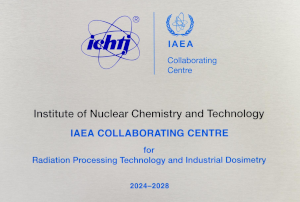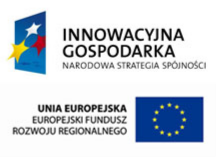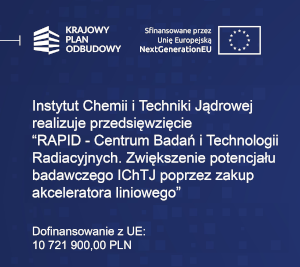
Instytut
- „SOLIDARNI Z UKRAINĄ” – projekt Narodowej Agencji Wymiany Akademickiej
- Projekty aktualne
- Projekty finansowane lub dofinansowane z budżetu państwa lub z państwowych funduszy celowych
- Projekty archiwalne
- Usługi
- Administracja
- RODO
- Rada Naukowa
- Struktura
- Pracownicy
- Studia Doktoranckie
- Erasmus +
- Biblioteka
- Wydawnictwa
- Zamówienia Publiczne
- Piszą o Nas
- EURO-LABS
- Central European Initiative Project (CEI)
- CERAD
The doctoral school of the National Institute of Nuclear Research and Institute of Nuclear Chemistry and Technology announces the recruitment on the following topics of doctoral dissertationss

- synthesis of radioactive bisphosphonates-diamine complexes of 103Pd,
- chemical evaluation of the complexes,
- studies on the recoil of 103mRh from 103Pd bisphosphonate-diamine complexes in water solutions,
- biological studies such as binding affinity, internalization, cytotoxicity on cell cuture and spheroids.
- synthesis,
- experimental chiroptical spectroscopy,
- computational chiroptical spectroscopy,
- crystal structure determination of a series of chiral substances such as chiral organic semiconductor molecules or chiral lanthanide coordination complexes, etc.




